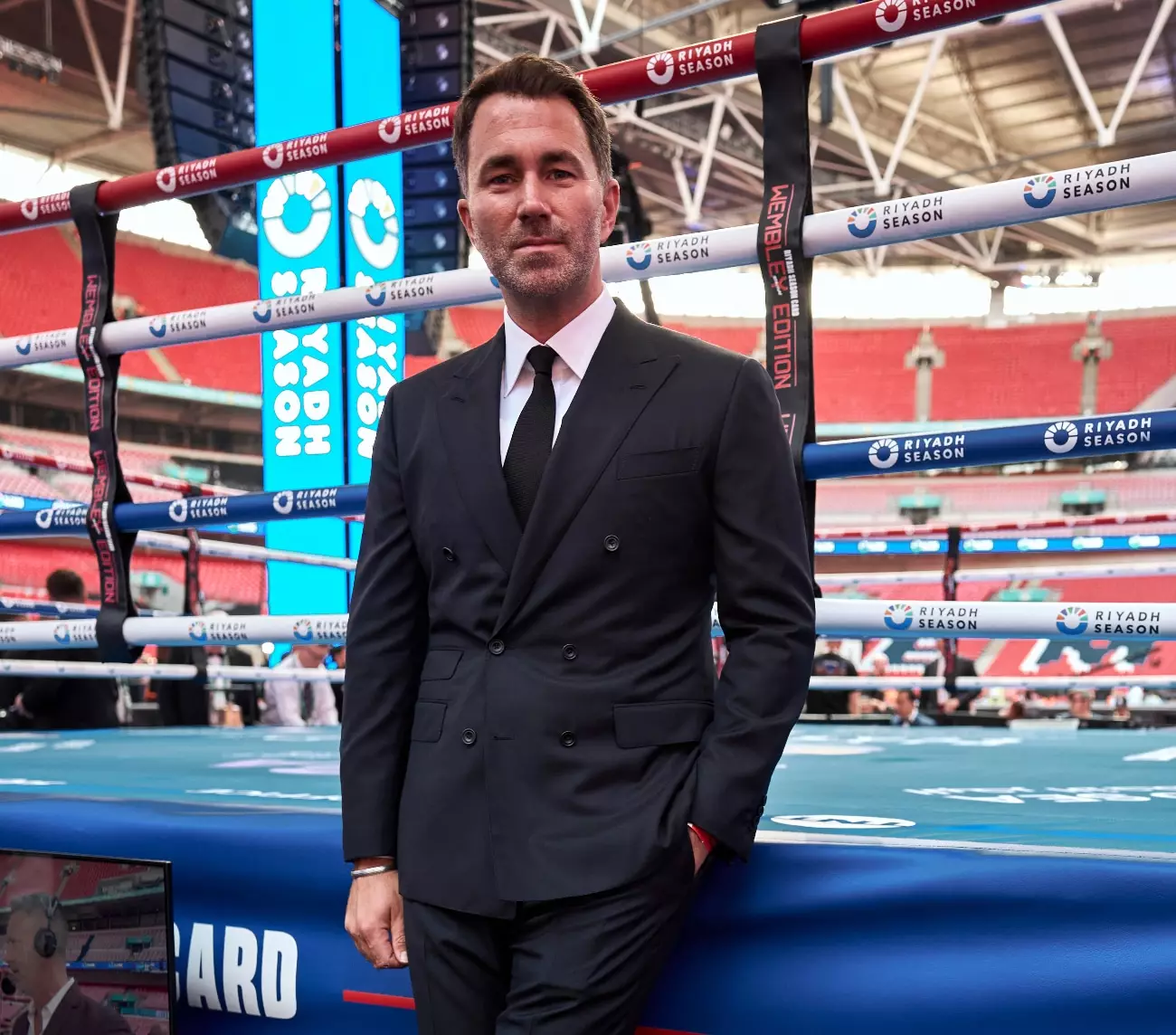In the world of professional boxing, the decisions made by athletes and their promoters can have far-reaching consequences, both inside and outside the ring. Eddie Hearn, promoter of heavyweight champion Anthony Joshua, is voicing a pertinent opinion regarding Joshua’s next moves after a significant loss to Daniel Dubois. Hearn believes that rather than targeting a titanic showdown with Tyson Fury, Joshua is more inclined to take a straightforward route: an immediate rematch with Dubois. This assertion opens up a deeper conversation about the state of Joshua’s career, the implications of his decisions, and the strategies he should consider going forward.
The Importance of Titles in Boxing Dynamics
Hearn’s perspective hinges not only on Joshua’s recent defeat but also on the evolving landscape of heavyweight boxing, particularly concerning the championship titles. He suggests that there is a strong likelihood that Tyson Fury may be without any belts when he meets Joshua by mid-2025. Hearn emphasizes that the prestige of a championship title could add vital weight to a potential clash between Joshua and Fury, positioning it as a fight for dominance rather than merely a contest of reputations.
For Joshua (28-4, 25 KOs), possessing the IBF title going into a match against Fury would not only amplify the stakes but would also enhance his psychological advantage. The narrative surrounding a title fight is often more compelling, capturing the attention of fans and building a storyline that adds flavor to the sport. The thrill of a championship match can drive higher Pay-Per-View numbers, sponsorship deals, and overall engagement, factors that are crucial in the commercial realm of boxing.
The imminent rematch with Dubois (22-2, 21 KOs) presents Joshua with a risky yet necessary confrontation. Hearn rightly points out that the specter of further defeat looms large, potentially marking a downturn in Joshua’s career trajectory. Nonetheless, this immediacy in taking the rematch is rooted in Hearn’s belief that Joshua cannot afford to dodge these pivotal confrontations any longer. Having engaged in what can be termed “rebuilding fights” post-defeats, Joshua finds himself at a critical juncture—one that demands decisive action.
Hearn believes that Joshua needs considerable refinement in his game plan heading into the rematch. His past approach against Dubois was passive, leading to significant vulnerabilities that were exploited. If Joshua fails to adapt strategies, he risks repeating history and suffering further setbacks that could irreparably damage his legacy. It is in this aspect that the role of Joshua’s training team comes into question. While sacking trainers may seem drastic, controversy surrounds whether certain strategies are serving him well.
Another factor that Hearn emphasizes is the timing of Joshua’s comeback against Dubois. He notes that while immediate rematches can foster momentum, they also come with the inherent risk of rushing the preparation process post-concussion. Joshua’s health must be prioritized; unimpeded recovery from a hard-fought encounter is crucial to preventing potential long-term health issues associated with head trauma. Thus, the pressure to re-enter the ring must be balanced with a strategic evaluation of Joshua’s mental and physical readiness.
In a more significant context, should Joshua lose the rematch, the potential fallout could spell disaster for his professional standing, raising concerns about whether he could recover mentally and physically to compete at the highest level again. Conversely, should he manage to reclaim victory, it would serve as not just a personal redemption but also reinstate him as a formidable contender in heavyweight boxing, perhaps leading into a future bout with Fury that now carries an even deeper narrative.
Examining Future Potential Against Current Realities
Eddie Hearn’s assertions reflect critical insights into Joshua’s career’s strategic aspects. The weight of championship titles, the grappling with past defeats, and the resulting strategies are critical elements in determining the trajectory of a boxer’s legacy. While the immediate rematch with Dubois poses both opportunities and risks, Joshua must navigate these waters with an understanding of what is at stake beyond the ring—his reputation, legacy, and financial viability in the boxing world.
Anthony Joshua stands at a crossroads that could define his legacy in the annals of heavyweight boxing. Through Hearn’s observations, it becomes clear that the decisions made in the near future will shape Joshua’s career trajectory, determining whether he becomes a redemption story or is relegated to tales of what could have been. The ring is waiting, and the stakes are high; the time for action is now.

